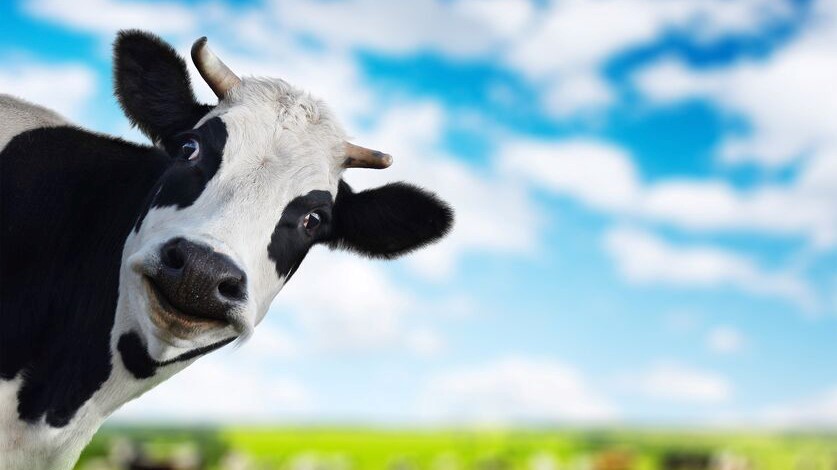I read a news report recently that the New Zealand government proposed to tax farmers for their animals such as cows’ burps and farts to reduce greenhouse gas emissions. The media calls it the burping tax.
It is the first-ever tax proposal on greenhouse gas emissions from livestock. You may find it odd or interesting. However, it shows the severity and urgency of global warming that prompts different countries and regions to be proactive in reducing carbon emissions and achieving carbon neutrality as soon as possible.
Every sector reduces carbon emissions
When it comes to carbon emissions, you may consider it is a matter of individual sectors, such as the energy, transport and construction sectors. But the truth is, every sector leaves a carbon footprint. The difference is in scale. According to ClimateWatch, the agriculture sector is the second-largest source of greenhouse gas after the energy sector, accounting for over 10% of global greenhouse gas emissions.
Livestock release methane and other greenhouse gases when they burp and urinate, causing the greenhouse effect. The livestock sector is important to New Zealand’s economy. Agricultural activities account for nearly half of the country’s greenhouse gas emissions. The key for New Zealand to achieve carbon neutrality by 2050 should be to reduce greenhouse gas emissions from animal husbandry.
Aim for carbon neutrality
To protect the environment and carbon neutrality, many countries and regions impose taxes on activities that cause pollution and damage to the environment. The burping tax proposed by the New Zealand government is an example. Some countries and regions impose carbon taxes on corporates to raise their carbon emissions costs, or develop carbon markets, including implementation of the carbon trading system.
Technology and investment also play a vital role in achieving carbon neutrality. Curbing reliance on fossil fuels and switching to renewable energy sources such as wind and solar power are global trends. Individual sectors also try to apply new technologies to reduce carbon emissions. For example, scientists in New Zealand are looking at adding a probiotic to feed that could make livestock burp less, thereby reducing methane emissions.
Though the burping tax may seem nothing to do with investing, many things in our daily lives are related to investing and require careful study.






